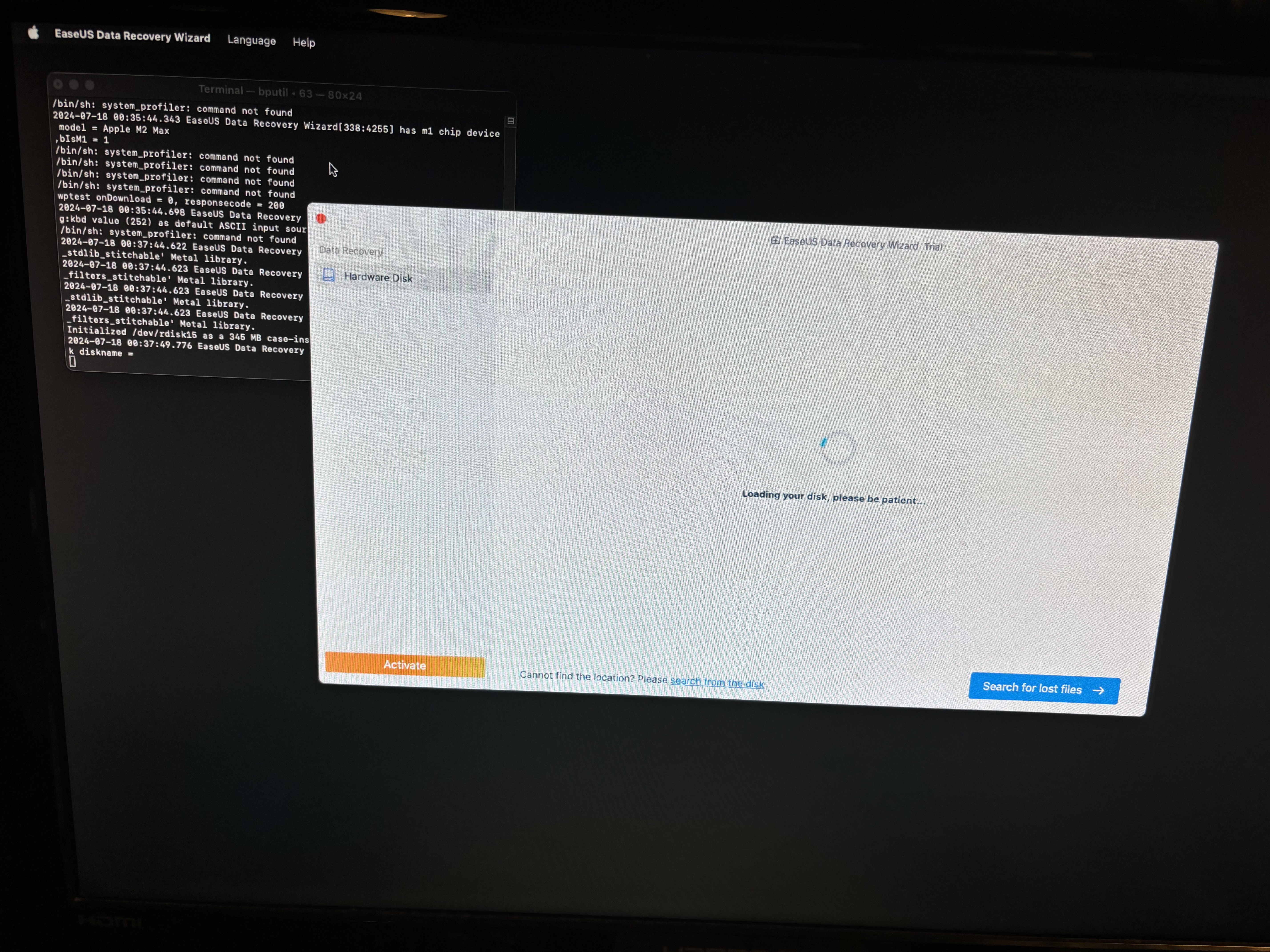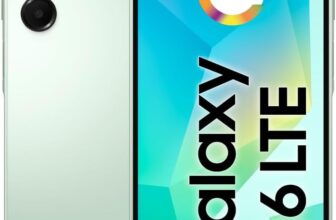
Expert’s Rating
Pros
- Great data recovery tools and file organization and categorization
- Video Repair tool comes in handy for repair and cleanup
- Good speed and stability
Cons
- High price point, especially compared to its competitors
- Unbootable Mac module failed to locate and work with drives for recovery testing
- Unable to log into some cloud-based services for data recovery and file storage
Our Verdict
Data Recovery Wizard for Mac is a useful tool for recovering data from Mac, Windows, and Linux volumes. However, it has some major drawbacks, including the high price point and problems with the Unbootable Mac module.
Price When Reviewed
$89.95 a month for one Mac, $119.95 a year for one Mac, $169.95 for a lifetime upgrade plan for one Mac
Best Prices Today:
There are times when, despite a company’s storied background and best intentions, it can still overextend itself, promising more than it can deliver, or at least not performing enough QA testing to match what it’s sold its customer. This is the case with EaseUS’ Data Recovery Wizard for Mac (version 17.2.0 at the time of testing), the Mac port of the tried-and-true Windows recovery software.
Simply download Data Recovery Wizard for Mac, install it, assign full hard drive permissions and you’re good to go. Data Recovery Wizard is available in both a free version with a 2GB recovered data cap as well as a paid version, which offers additional features such as 1-on-1 remote assistance, is available as a free trial, and requires Mac OS X 10.9 (Mavericks) or later to run. The paid version is available for $89.95/£95.99 a month for one license that covers one Mac, $119.95/£131.99 a year for one license that covers one Mac, or $169.95/£179.99 for a lifetime upgrade plan with one license that covers one Mac. The monthly and annual license payments auto-renew, so you might have to check for this following a trial period.
The Data Recovery Wizard software supports more than 1,000 file types for data recovery and offers specific modules for SD cards, cloud-based recovery and storage, an Unbootable Mac module that boots off an external server for data recovery, a Video Repair module, and a Disk Backup module that can save volumes as .dmg image files. The application also supports the APFS, HFS+, HFS, XFAT, FAT16, FAT32, exFAT, and NTFS, which makes it handy for working with drives from Windows and Linux machines. A useful Search Records tool also keeps track of past scans and lets you pick up and work with them at a later date.
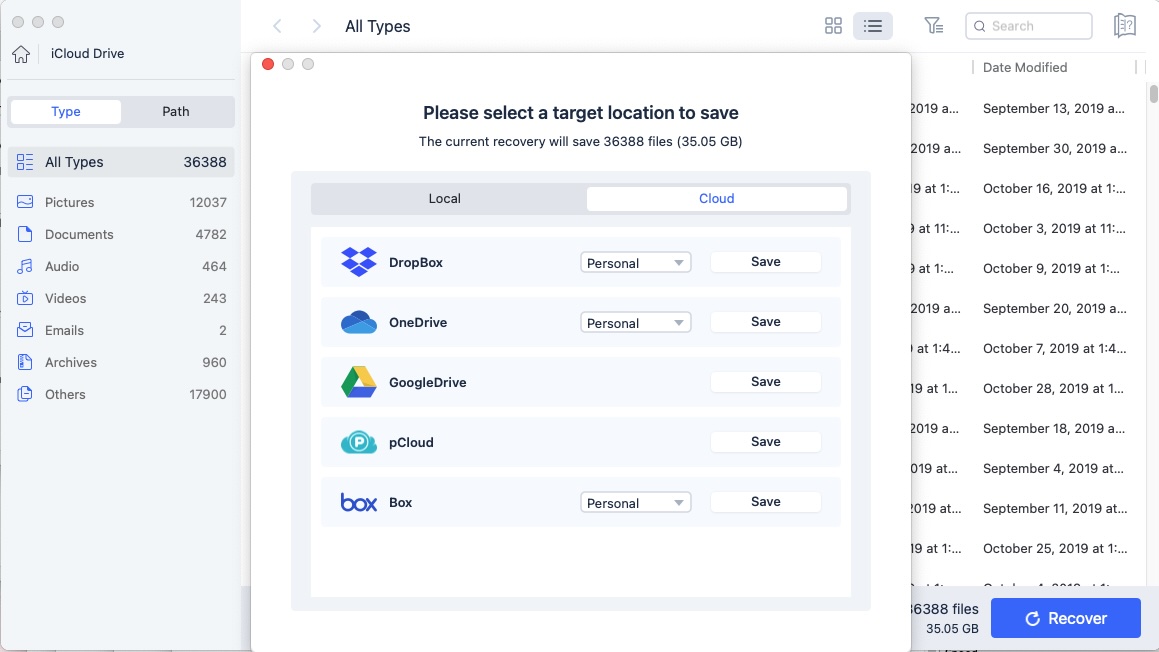
Foundry
Data Recovery Wizard’s core functionalities of data recovery, reconstruction, and organization are its strongest points. A friendly interface guides the user in choosing the volume to recover from and designates the target restoration drive and/or folder. Then the program readily the drive, begins the recovery process, and organizes recovered and restored data into categories such as All Types, Pictures, Documents, Audio, Videos, Emails, Archives, and Others, which is a godsend for users looking to have their restored data put back into logical order once it’s back from the dead.
The SD Card function is equally useful, while the iCloud module makes it easy to log into iCloud, which requires Two Factor Authentication to log in and work with your data. The Video Repair module was also a nice surprise, and it was fun to drag and drop a folder full of decades-old family videos into the engine and export cleaner copies of the videos to be shared later.
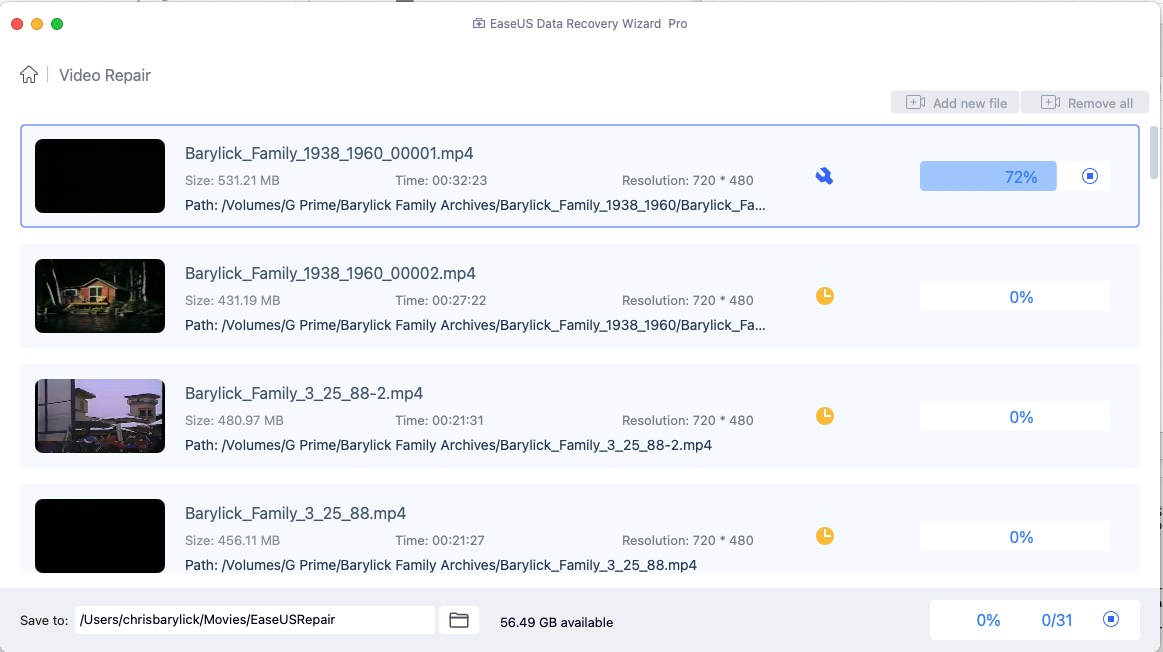
Foundry
Still, some issues need immediate attention. Key among these was the Unbootable Mac module, which has the user shut down their Mac, boot into Recovery Mode, then boot off an external server run by EaseUS. While this is a good idea in theory, the tool went into a continuous loop of being unable to mount my M2 Mac Studio’s internal and external drives. I allowed this process to run overnight, and when I woke up in the morning, the drives had still not mounted and the tool could not be worked with. This, along with the cloud tool being unable to successfully log into Dropbox for recovery (the application failed to present a current user login screen, and only offered an account sign-up menu), and the application needing an administrator password to be entered every time I launched Data Recovery Wizard even after I’d assigned it full permissions to my Mac, and the software presenting a customer feedback survey every time I exited the program, were nothing short of infuriating.
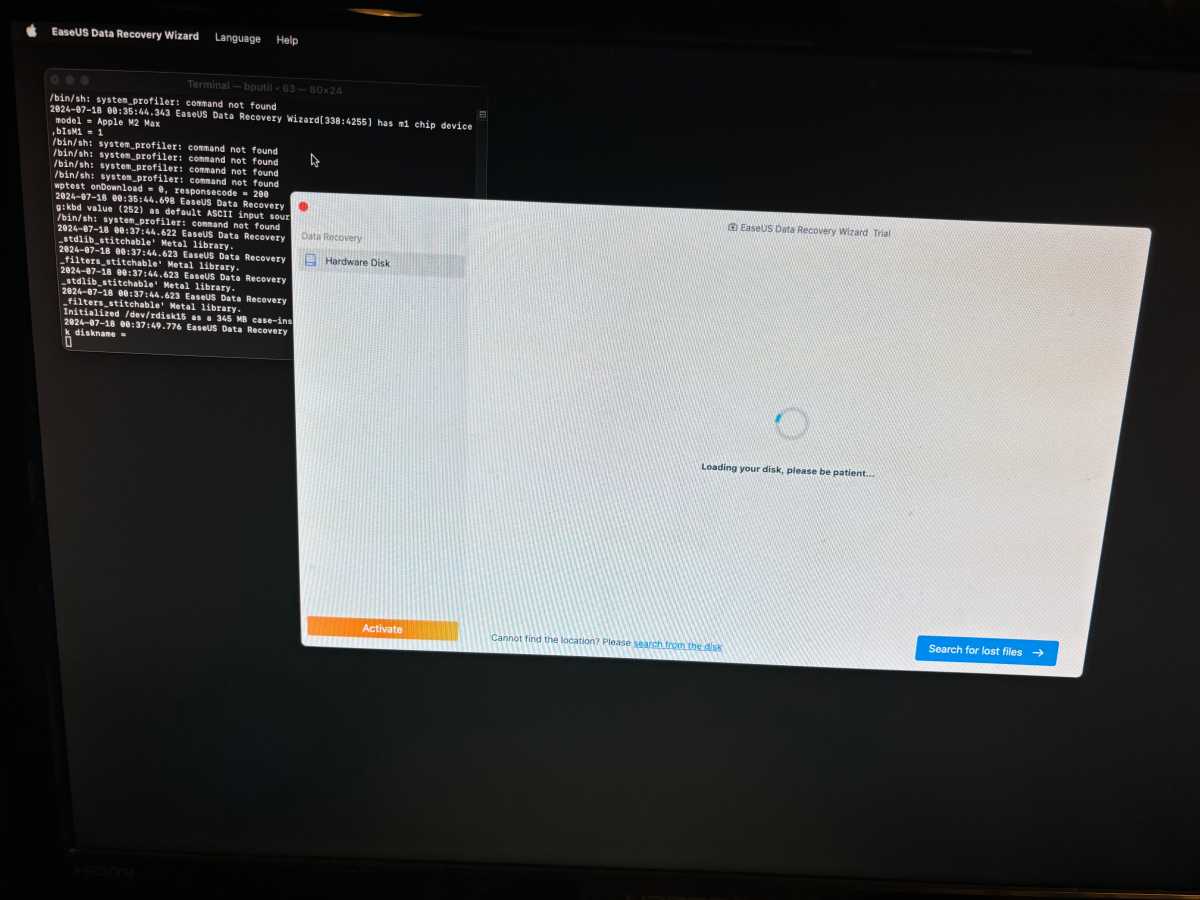
Foundry
Should you buy Data Recovery Wizard for Mac?
Data Recovery Wizard for Mac excels at its core functions and presents an attractive means of recovering data from Mac, Windows, and Linux volumes with a nice array of platform and file format support, but some things can’t be ignored. The high price point is jarring, the Unbootable Mac module failed outright, and perhaps Apple and EaseUS need to collaborate so an administrator password isn’t required each time the application is launched. And no, no one in their right mind wants to be presented with a customer feedback survey window that has to be closed every time they exit an application, as this is the kind of thing that makes reasonable human beings hate, loathe, and despise marketing departments.
The truth of the matter is that while there are some great tools here, EaseUS tried to make this into a Swiss Army knife of a utility without sufficient testing to see if everything worked properly. Granted, Data Recovery Wizard for Mac is part of a wide array of products EaseUS makes and sells, and this represents only a moderate part of its income stream, so perhaps some QA testing fell through before version 17.2.0 was released to the public. Still, seeing the Unbootable Mac feature fail outright was disconcerting, and given that this is a main selling point, EaseUS needs to look over what’s happening and work to address it. While it’s a good utility, there are other options worthy of consideration that have been tested, debugged, and proven themselves without putting the user in a situation wherein a hopefully viable solution fails outright, making a bad situation that much worse.
Take a look at our round-up of the Best data recovery apps for Mac for alternatives.

